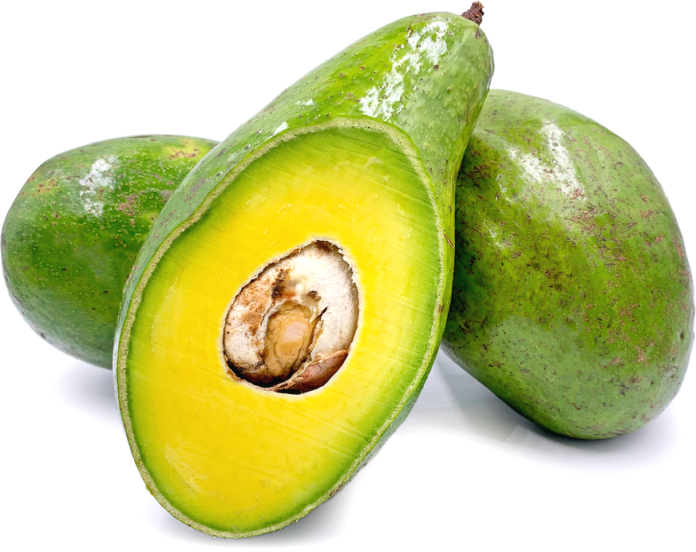Next time you reach for the utensil drawer to slice up an avocado for your morning avocado toast, you might want to think twice about which knife you grab. Just as you wouldn’t use a massive butcher’s knife to carve out that creamy avocado flesh, the material of your tool is just as important as its size when it comes to getting the job done right. Believe it or not, using a metal knife to slice avocados might be one of the most common kitchen mistakes home cooks are making — probably without even realizing it. Here’s the best-kept secret when it comes to avocado slicing.
Metal knives speed up browning
Slicing an avocado with a metal knife will speed up browning, says all recipes, which is especially unwelcome if you’re only using one half of the avocado now and saving the other half for later. If you plan to use the entire avocado at once — or if you’re making a mashed-up dish like guacamole — browning might be less of a concern for you. This is when you might want to invest in a handy avocado tool, providing slicing and dicing in one easy swish.
But, either way, metal knives kick the process into high gear, turning your pretty green avocados dark. Here’s why.
Why does the material of the knife matter?
Since stainless steel knives contain copper and iron, says all recipes, these metals activate the enzymes in avocados that cause the fruit’s flesh to turn brown in the presence of oxygen. Slicing into an avocado with a metal knife speeds up the browning process, which can lead your avocado to go bad prematurely. According to biochemist Anne Marie Helmenstine, Ph.D. (via ThoughtCo.), this process is called “oxidation,” and it happens when a molecule or atom is exposed to an increased level of oxygen and begins losing electrons.
To prevent this reaction from turning your creamy green avocados into a spotty brown waste, Nick Stellino, celebrity chef and host of “Storyteller in the Kitchen,” recommends cutting those avocados with a plastic or ceramic knife instead (per Reader’s Digest). The Revolution 4.5″ Ceramic Utility Knife by Kyocera is a small, easily-maneuverable tool to get the job done when it comes to slicing smaller fruits and veggies (like avocados), and oxidation free.
There are other ways to keep your avocados from turning brown
But if your knife options are limited, there are other things you can do to keep your avocados from changing color. Kitchn recommends cutting up an onion and lining the bottom of an airtight container with the slices before laying the avocado on top and sealing the container tight. While Kitchn doesn’t explain the onion’s anti-avo browning properties, the site proposes that the onion’s unique sulfur compounds — which The New York Times says are also found in garlic — may play a role in keeping the avocado from turning completely brown. Food52 notes that although some browning could happen, storing your fruit this way could help the avocado keep its green color for a bit longer.
Another way to keep your avocado from going brown is to brush its exposed sides with olive oil or lemon juice. This is an ideal alternative if you’re not too keen on the scent of raw onions.
Cutting an avocado the right way could save you from a world of pain
Having the right knife is just half the battle. How you handle an avocado could be just as important as the knife you use to cut it. One misstep could prompt you to reach for the first aid kit or send you to the emergency room with a much deeper cut. “Most come about when someone is preparing guacamole, and [the cuts] can be deep,” NBC News’s medical correspondent Dr. John Torres tells Today. “Avocado-related injuries are more common than most people think, and the resulting lacerations to the hand can be nerve-damaging.”
One way to keep your avocado from turning from friend to foe is to lay the fruit against a cutting board, anchoring the fruit with one hand. Then, with the other, slice around the seed through the length of the avocado. When you’ve gone around the fruit, twist to pull its sides apart and use a spoon to scoop out its flesh, per Today








